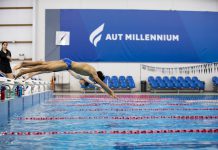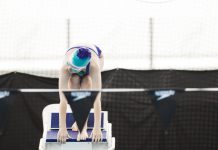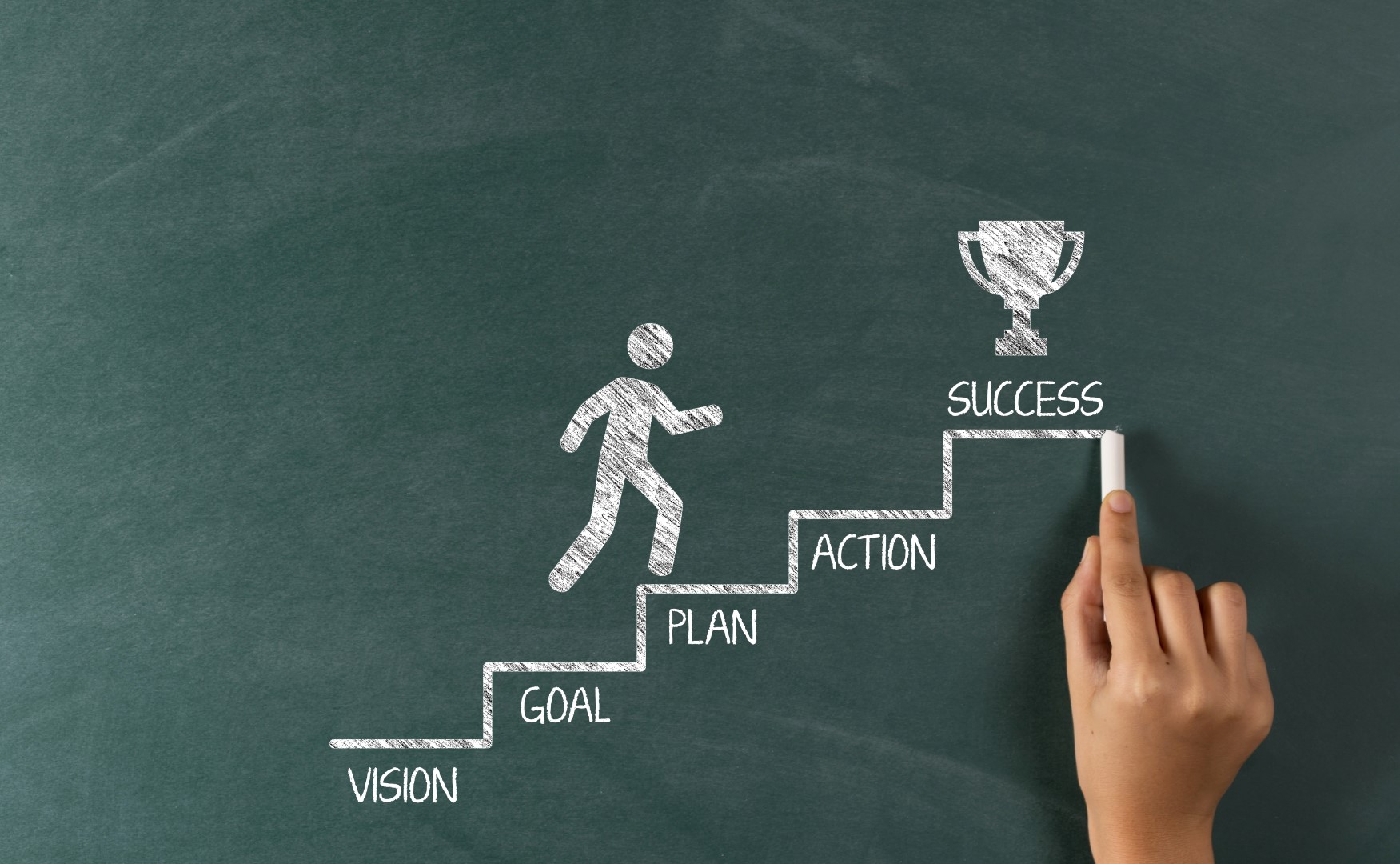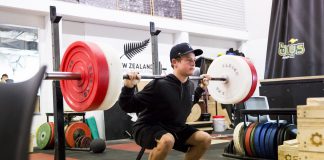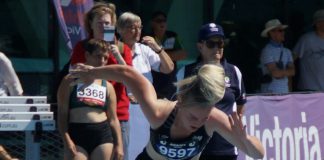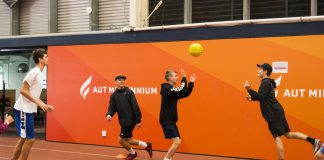We all want to get better at something. After all, self-improvement helps us perform better in the sports that we love. Learning new skills is extremely rewarding and motivates us to keep coming back for more.
Here are 7 steps that will help you create a training programme that works:
1. Define exactly what you are trying to improve
Start by being very clear on the purpose of your training programme.
Why are you training? What is the outcome you are trying to achieve?
Be very specific while keeping things as simple as possible. Trying to improve lots of things at once will only result in you doing an average job at all of them, rather than an excellent job at the one or two which matter the most.
2. Check your readiness to learn
Think very carefully about how much time and energy you can give to a new training programme.
It may help you to consider the difference between training and learning. Training involves improving a skill that you’ve already acquired through repetition.
For example, it takes a significant amount of exertion to reach the level of physical fitness required to perform well in your sport. That exertion process is training. The more you train, the fitter you become, and the better you perform.
Training is certainly an important part of every programme, but it’s not skill-acquisition.
Learning, on the other hand, is the act of acquiring a new skill. And it’s critical you understand the difference.
Why?
Because without a certain level of skill acquisition, training isn’t possible or useful. You will never be able to reach your best level of fitness if you haven’t learnt how to pace in training or to push yourself hard when it matters.
Regardless of how good you are every training programme will require you to learn something new. So, before you start, you need to be ready to put the necessary time and effort in to learning.
3. Make sure it’s needed
A new training programme must be relevant to you. Don’t be sucked in to a new programme or team unless it’s going to meet your personal and sporting needs.
Try asking the head coach or leader of the programme you’re thinking about joining this “How will your programme meet my needs now and in the future?” Their answer may surprise you.
More teams, more training sessions and more games are not necessarily better, particularly when it comes to the quality of your learning.
What’s important is what the programme consists of and the quality you put in when you’re training.
4. Decide what success looks like
It’s easy just to turn up to practice and do what you’re told without really knowing whether all your time and hard work is paying off.
Be specific about what you want out of a programme.
You may be there simply to have fun hanging out with your friends, which is a completely valid reason in itself.
However, if you’re there to improve a specific skill or ability, ensure you decide what success will look like.
In other words, how will you know that the programme is working?
5. Dedicate enough time to practise
Be careful not to spread yourself too thin doing a whole bunch of little things superficially.
The key to a training programme that works is depth – doing things with quality and consistency.
Not only do you need to do the right amount practice, you also need to do the right kind of practice.
6. Get the right help
One of the best ways to maximise your training programme is to get the right help.
Seek out the people with the expertise to help you set up ‘fast feedback loops’. That is, immediate and useful feedback about the new skill or exercise you’re working on.
The quicker you can change the things that aren’t working, the faster you’ll improve and the more effective your training programme will be.
7. Reflect along the way
For your programme to be a success (as defined in step 4), you need to reflect along the way.
Grab yourself a notebook for your training bag and get into the habit of using it. Write down what’s working well for you and what isn’t. What you need to change to do things better. What’s frustrating you or holding you back. And whom you can ask to help you improve faster.
Doing so will help you adjust your training programme when necessary and ensure that all the effort you’re putting in is time well spent.













